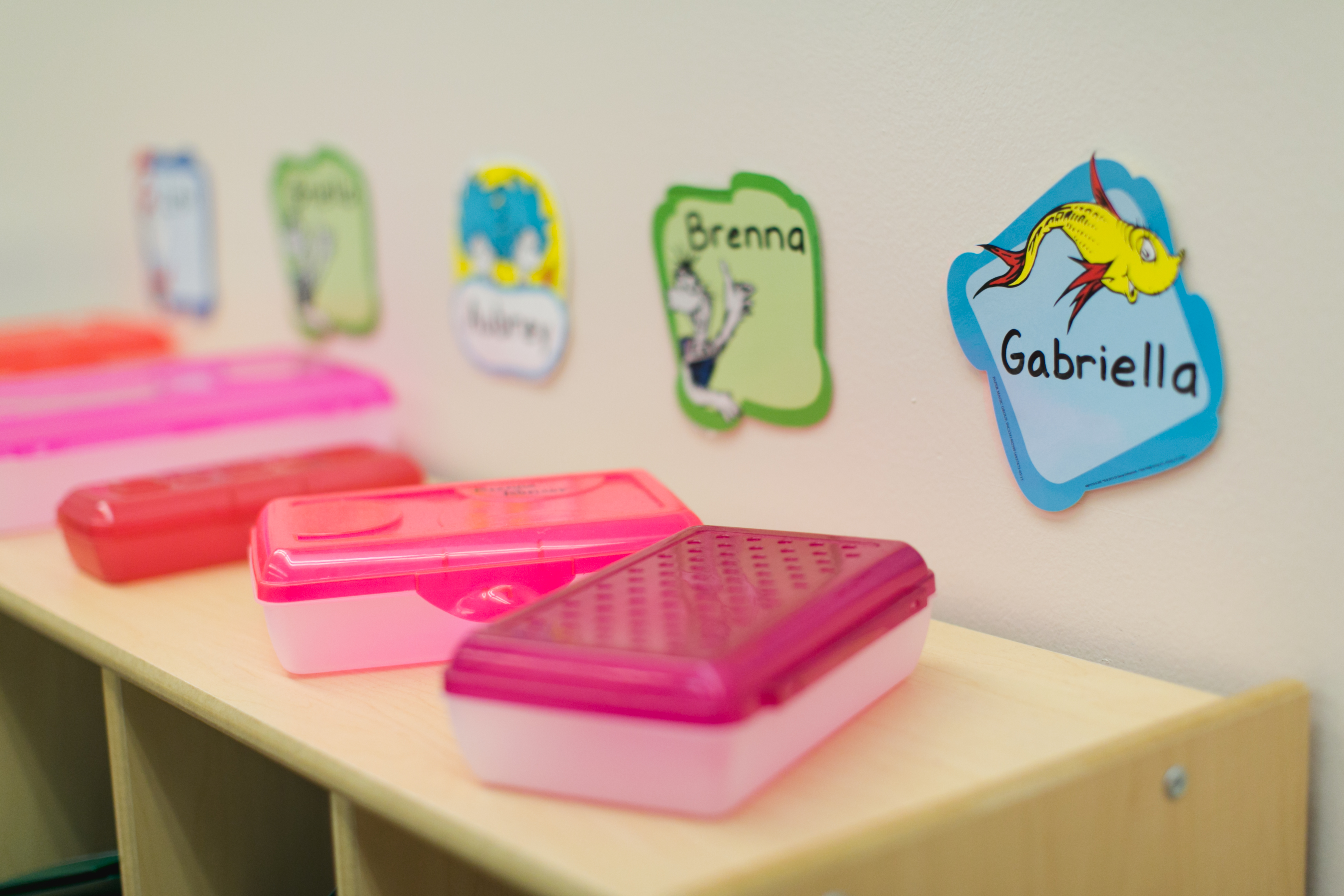Minnesota legislators in the House and Senate heard from educators in the state on a variety of key issues they’re facing, ranging from economic disparities in early learning to student transportation and distance learning support.
The Minnesota Department of Education (MDE) also provided additional information on the Governor’s recently released budget and Due North Plan for education.
Racial justice in education also was a focus in a series of House E-12 committees last week. Read more on racial justice.
Get an update on what’s happening at the Capitol below.
Economic Disparities in Early Learning
The pandemic has caused significant losses of revenue in education, and has only exacerbated the ongoing economic issues that exist in early childhood education and care.
Rep. Dave Pinto of the Early Childhood Committee opened the hearing Tuesday by asking “providers of childcare are not getting rich, but childcare is increasingly expensive, so where does the money go?”
According to data provided to this committee, about one-fifth of early childcare educators and caretakers live in poverty. The economic burden is disproportionately placed on educators of color, most often women.
Governor’s Due North Plan
Staff from the Minnesota Department of Education appeared before the House Education Finance Committee to outline the details of the Governor’s budget. The plans include expanding a Summer Package to add additional supports and resources for students.
Within the Due North Plan are a multitude of specific programs and initiatives that go to accomplish MDE’s education objectives:
- A World-Class Education and Expanding Access to Opportunities for Students of Color and Indigenous Students
- Ensuring every student learns in a safe and nurturing environment
- Ensuring every student has a teaching and learning environment with caring and qualified educators
View the full presentation by MDE.
Student Transportation Funding
The Senate Education Committee reviewed SF 408 relating to pupil transportation sparsity revenue and heard testimony from Krisi Fenner, Business Director for the Bemidji Area School District, on the hardship it causes their district.
The northern Minnesota district spans drives over 1 million miles a year to serve students spanning over 850 square miles. Those factors creates a deficit of over $800,000 per year in the district.
While Bemidji is among the extreme examples, many rural districts also experience significant deficits to provide transportation for students.
The bill focuses on adjusting the second transportation sparsity categorical that was created in 2017. That categorical pays down 18.2 percent of remaining deficits school districts might still incur. The proposed legislation will raise that percentage to 70 percent.
This was a recommendation from the Education Funding Working Group that met last year. The estimated cost as reported in the hearing is roughly $9 million. The bill is slated to be introduced in the House in the next week.
Distance Learning Support
Senate E-12 Chairman Roger Chamberlain introduced a bill that would provide parents of low income children with an opportunity to apply for up to $450 per child to help with costs associated with supporting their education for last school year and this school year.
SF 351 calls for the state to work with a vendor to administer the funds and assist families to expense these funds on eligible purchases, which include:
- Tutoring services
- Instructional materials
- Online instructional content, software or other educational technology
- Internet access and connectivity
- Classroom supplies
- Pupil support services





